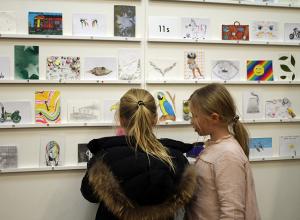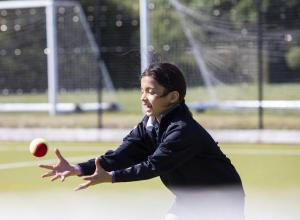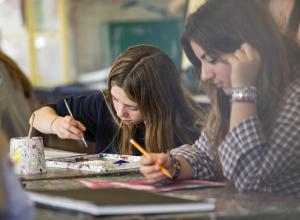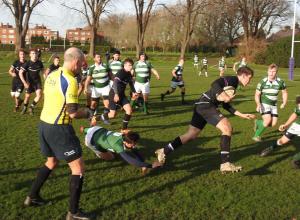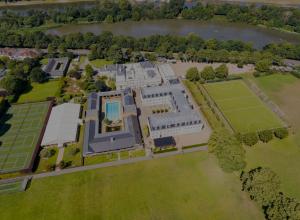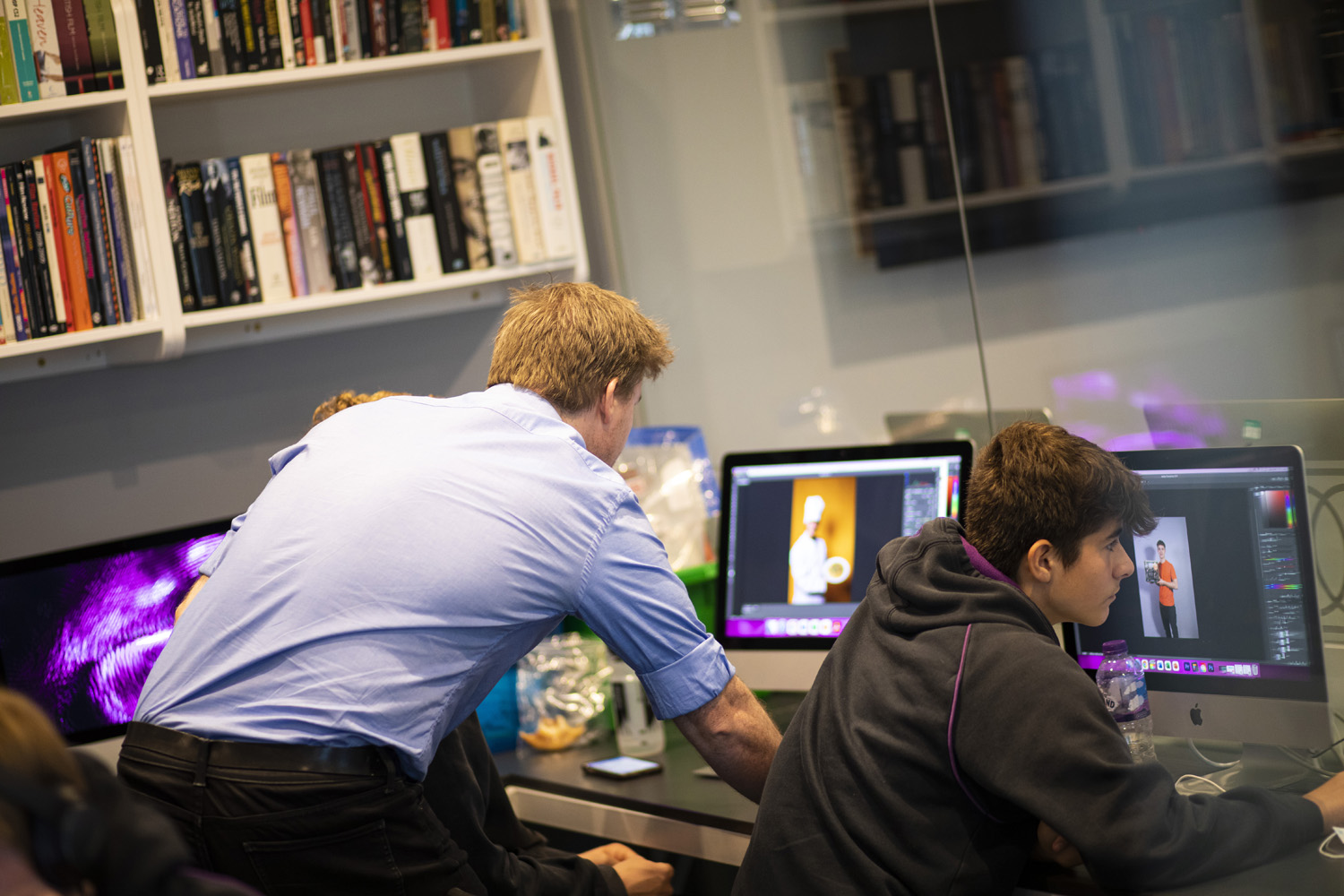 Year 9
Year 9Harrodian offers pupils the chance to undertake a preliminary taster year in Film Studies which allows them to sample the subject before they embark on the GCSE curriculum. This gives them an early appreciation of the medium of film and provides a strong foundation in film analysis and creation.
GCSE
Pupils study the Eduqas Film Studies course. For full details of the GCSE course visit the Eduqas website or download the Harrodian GCSE Prospectus.
Course Introduction
Students who engage critically with film as text or artwork will be well suited to this subject. The set texts come from a wide variety of eras and countries, allowing students to broaden their cinematic horizons as they engage with film’s broad cultural and historical heritage. Film Studies will allow students to develop analytical writing skills and become confident readers of film as they approach it through concepts of narrative, genre, aesthetics and representation. The non-examinable assessment is ideal for creative students, with two different options to choose from depending on their interests and skillsets. As preparation for the NEA students will regularly have the opportunity to complete a variety of practical tasks designed to improve their writing, shooting and editing skills.
A Level
Pupils study the Eduqas A level Film Studies course. For full details of the A level course visit the Eduqas website or download the Harrodian A level Prospectus.
Course Introduction
Like the GCSE course, students who engage critically with film as text or artwork will be well suited to this subject. The A level course further enthralls students into the world of film as we explore films from across different countries, decades and genres. These will be studied in regards to more advanced concepts like auteur theory, spectatorship, ideology and the idea of narrative truth. The NEA is likewise more advanced and retains both the filmmaking and screenwriting options, which is perfect for creative and technical students.
Entry Requirements
No prior learning is necessary for candidates to undertake this course, although those who have studied Film Studies previously will obviously have foundational knowledge and skills. The specification assumes no previous knowledge of Film Studies, and is suitable for a diverse range of candidates. The course is predominantly essay based, accounting for 70% of the overall mark, and thus writing is an essential skill for aspiring students. The other 30% is practical so creative writing and/or technical experience is beneficial, although the course is taught assuming no previous experience.
For more specific year-by-year information, please refer to our Curriculum Handbooks/Information Booklets.
Staff
Head of Film Studies: Thomas Grey-Parkinson
Please find examples of our department and pupil's work below, in the gallery of pictures and by visiting:
Harrodian Media You Tube Channel
Twitter page: @HarrodianMedia
Instagram; @harrodianmediandfilm

